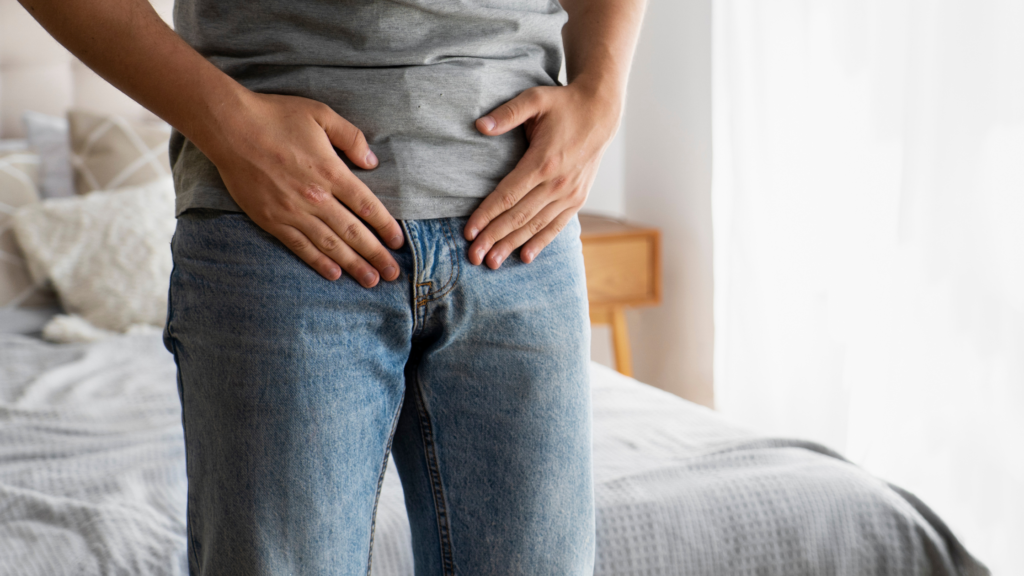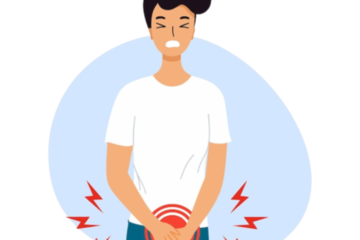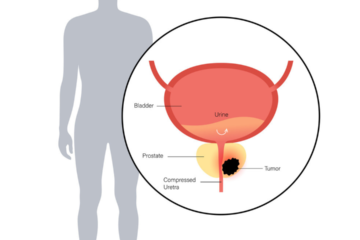
In the realm of sleep disorders, few conditions are as disruptive and misunderstood as nocturia. This guide aims to shed light on this often-overlooked aspect of sleep health and offer practical strategies for managing its symptoms effectively.
Nocturia, characterised by frequent awakenings during the night to urinate, can wreak havoc on sleep quality and overall well-being. While it’s commonly associated with ageing, it can affect individuals of all ages and genders, impacting their ability to function optimally during the day.
In this comprehensive guide, we’ll explore the causes of nocturia, its effects on sleep, and most importantly, actionable steps you can take to mitigate its impact on your life. From lifestyle adjustments to medical interventions, we’ll cover a range of strategies aimed at improving sleep quality and restoring your sense of well-being.
Whether you’re personally grappling with the challenges of nocturia or seeking to support a loved one facing this condition, this guide is your roadmap to better understanding and managing the complexities of nocturia. Let’s embark on this journey toward better sleep and improved quality of life together.
Understanding Nocturia
Nocturia, often misunderstood as a mere inconvenience of waking up once during the night to urinate, is far more complex. It involves repeated interruptions to sleep, which lead to fragmented rest and daytime fatigue. Several factors can contribute to this condition, encompassing medical conditions, medications, and lifestyle habits:
- Medical Conditions: Nocturia can serve as a symptom of various underlying health issues. For instance, individuals with diabetes may experience increased urine production due to elevated blood sugar levels. Similarly, urinary tract infections can irritate the bladder, prompting frequent urination. In men, prostate enlargement can obstruct urine flow, necessitating more frequent trips to the bathroom. Additionally, overactive bladder—a condition characterized by sudden, uncontrollable urges to urinate—can significantly contribute to nocturia.
- Medications: Certain medications can exacerbate the symptoms of nocturia by increasing urine production or affecting bladder function. Diuretics, commonly prescribed to manage conditions such as high blood pressure or heart failure, promote fluid excretion, leading to more frequent urination. Similarly, drugs that stimulate the production of urine, such as some antidepressants and antipsychotics, can contribute to nocturia.
- Lifestyle Habits: The choices we make in our daily lives can also impact the frequency of nighttime urination. Consuming excessive fluids, particularly close to bedtime, can increase urine production and exacerbate nocturia. Caffeine and alcohol, both diuretics, can stimulate the bladder and prompt more frequent trips to the bathroom. Additionally, habits like smoking can irritate the bladder lining, worsening symptoms of nocturia.
Effects of Nocturia on Sleep Quality:
The interruptions caused by nocturia can have profound effects on sleep quality and overall well-being:
- Sleep Fragmentation: Nocturia disrupts the natural sleep cycle, preventing individuals from achieving deep, restorative sleep. Each awakening interrupts the progression through the various stages of sleep, leading to fragmented rest and a diminished sense of refreshment upon waking.
- Daytime Fatigue: Insufficient sleep due to nocturia can result in daytime drowsiness, reduced cognitive function, and impaired performance in daily activities such as work or school. Individuals may struggle to concentrate, make decisions, or retain information, impacting their productivity and overall quality of life.
- Emotional Impact: Chronic sleep disturbances, including those caused by nocturia, can take a toll on mental health. Persistent fatigue and irritability can contribute to mood disorders such as anxiety and depression, further exacerbating the cycle of sleep disruption and emotional distress.
Strategies for Managing Nocturia:
While managing underlying medical conditions is crucial, adopting lifestyle changes and practical strategies can help alleviate the symptoms of nocturia and improve sleep quality:
- Fluid Management: Monitoring fluid intake, particularly in the hours leading up to bedtime, can help reduce nocturia episodes. Limiting consumption of caffeinated and alcoholic beverages, which can stimulate urine production, is especially important in the evening.
- Bedtime Routine: Establishing a consistent bedtime routine signals to the body that it’s time to wind down and prepare for sleep. Engaging in relaxing activities, such as reading or practicing relaxation techniques, can promote a sense of calmness and facilitate the transition to sleep.
- Medication Review: Consulting with a healthcare provider to review medications that may contribute to increased urination is essential. Exploring alternative treatment options or adjusting medication regimens can help minimize nocturia symptoms.
- Bladder Training: Implementing bladder training techniques, such as scheduled voiding, can help gradually increase the time between bathroom visits and improve bladder control. This approach involves establishing a structured urination schedule to retrain the bladder to hold urine for longer periods gradually.
- Pelvic Floor Exercises: Strengthening the pelvic floor muscles through exercises like Kegels can improve bladder control and reduce the frequency of nocturia episodes. These exercises involve contracting and relaxing the muscles used to control urination, enhancing their strength and endurance over time.
- Dietary Modifications: Making dietary changes to avoid bladder irritants and promote bladder health can help manage nocturia symptoms. Avoiding spicy foods, acidic fruits, and carbonated drinks can reduce bladder irritation, while incorporating foods rich in antioxidants and nutrients, such as cranberries and pumpkin seeds, can support urinary tract health.
- Seeking Professional Help: If lifestyle modifications alone are insufficient to manage nocturia symptoms, seeking guidance from a healthcare provider who specializes in urology or sleep medicine is recommended. They can conduct a comprehensive evaluation to identify underlying causes and recommend appropriate treatment options tailored to individual needs.
Conclusion
In the journey to better sleep and improved well-being, understanding and managing nocturia can be a crucial step. By addressing the underlying causes, implementing lifestyle modifications, and exploring practical strategies, individuals can take proactive control of their sleep health and reclaim restful nights and vibrant days.
Nocturia is not merely a minor inconvenience; it’s a condition that can significantly impact sleep quality, cognitive function, and emotional well-being. However, armed with knowledge and empowered by actionable steps, individuals can navigate the challenges of nocturia and pave the way toward better sleep and enhanced quality of life.
As you embark on this journey, remember that managing nocturia is a process that may require patience and persistence. Be open to exploring different approaches, seek support from healthcare professionals when needed, and prioritize self-care practices that promote overall well-being.
Ultimately, by prioritizing sleep health and taking proactive steps to manage nocturia, individuals can unlock the transformative power of restorative sleep and experience the profound benefits it brings to every aspect of life. Here’s to restful nights, rejuvenated mornings, and a brighter, more vibrant tomorrow.
Dr. Sumit Sharma is an experienced urologist, andrologist, and kidney transplant surgeon with over 20 years of clinical experience. He is the founder of the Department of Urology at multiple hospitals in Gurgaon and has established successful kidney transplant programs across the city.
With a commitment to the highest standards, Dr. Sumit Sharma ensures personalised, professional treatment, making your well-being the primary focus. Choose Dr. Sumit Sharma for outstanding Urological care in Gurgaon.



